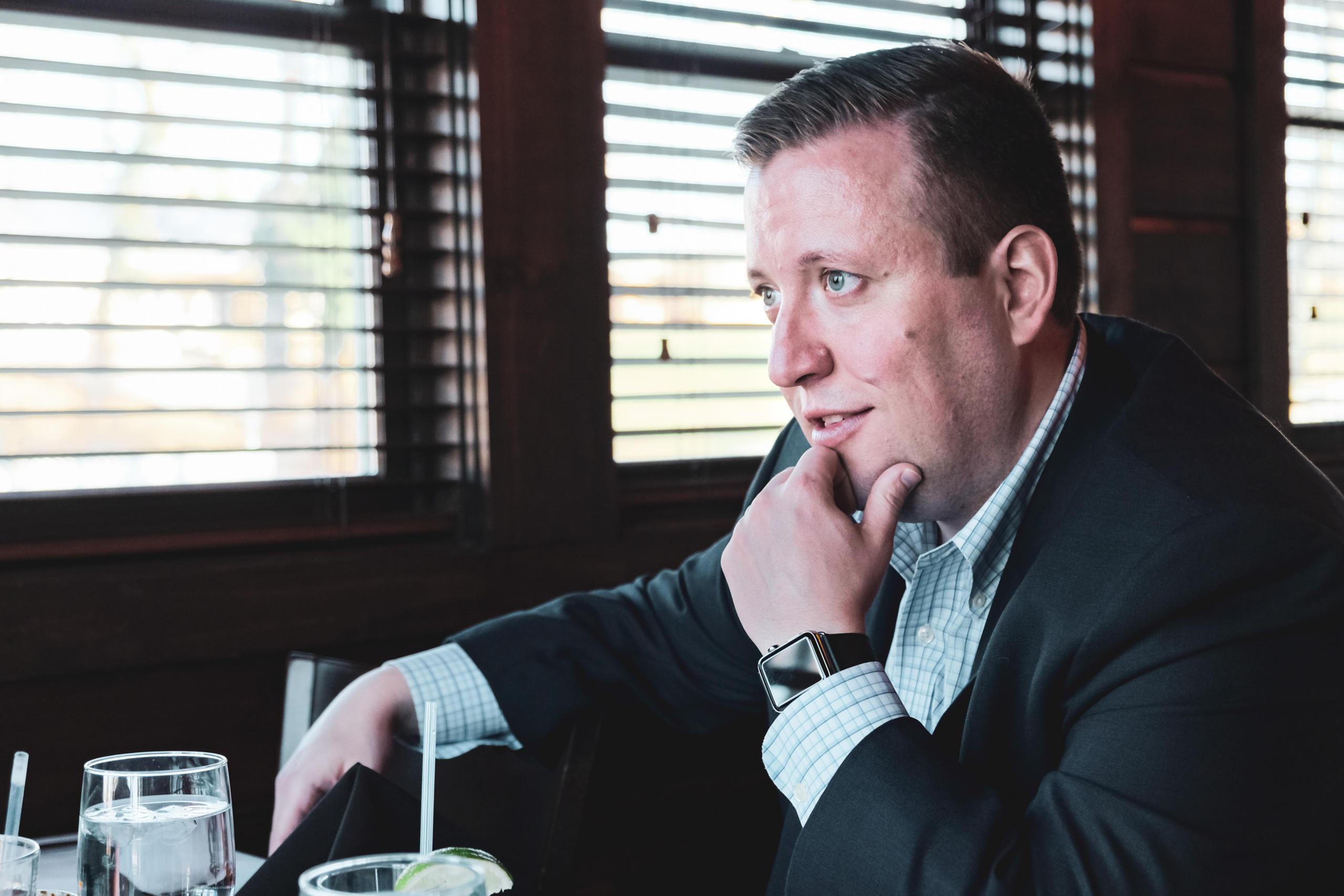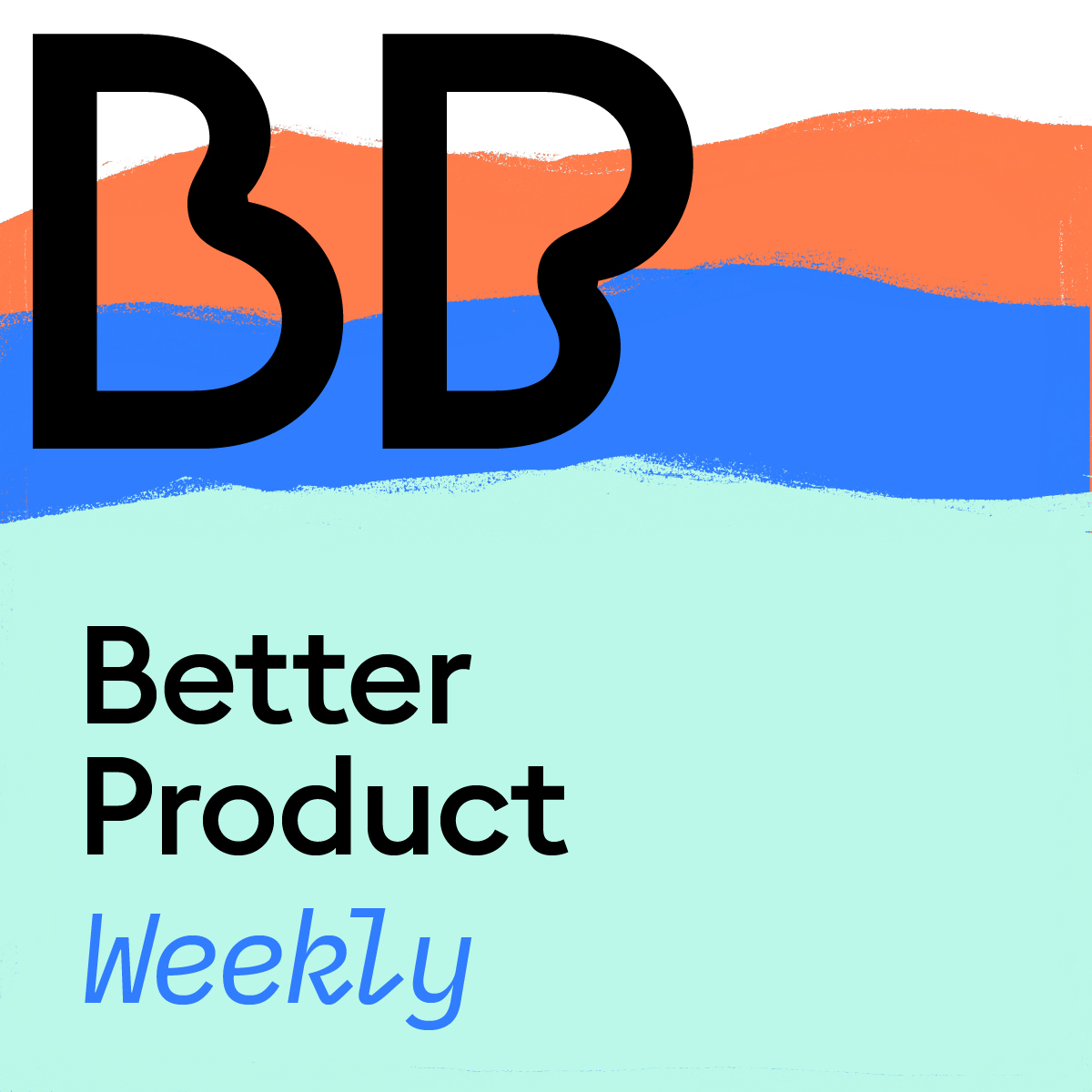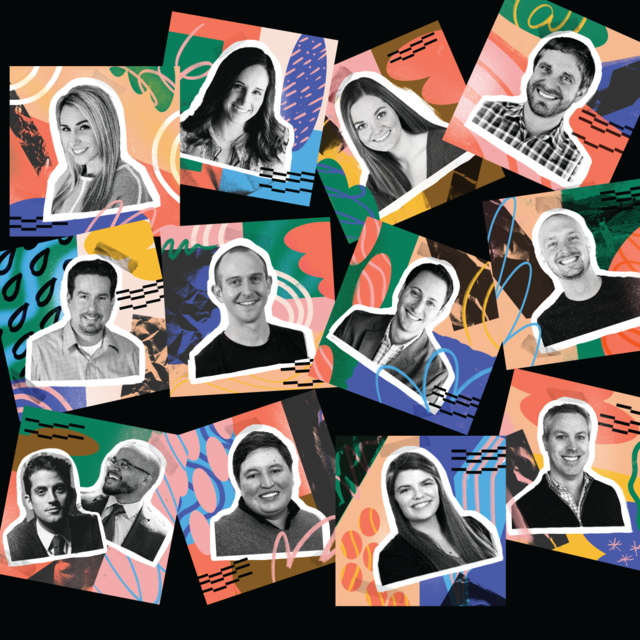
Better Product Weekly: Building Growth Teams Around Customer Retention with Krista Martin

Over the last nine weeks, we’ve been running our Better Product Weekly series. A few themes have emerged; one being the focus on customer retention. This week, Krista Martin offers a new angle to this conversation by sharing her experience leaning into her customers to build a growth team at Boardable.
Krista Martin, VP of Growth, discusses how they’ve begun to look at growth opportunities without losing sight of their existing users. One of the outcomes of the current crisis is an option to extend a user’s free trial from 14 to 90 days. With over 1,000 new users jumping on board, Krista shares how they’re thinking about the data to support this extension.
Tune into the conversation to learn how a product-led approach is encouraging customer retention for Boardable. And as always, if you’re looking for more opportunities to learn from product leaders join our growing Better Product Community: https://betterproduct.community/



